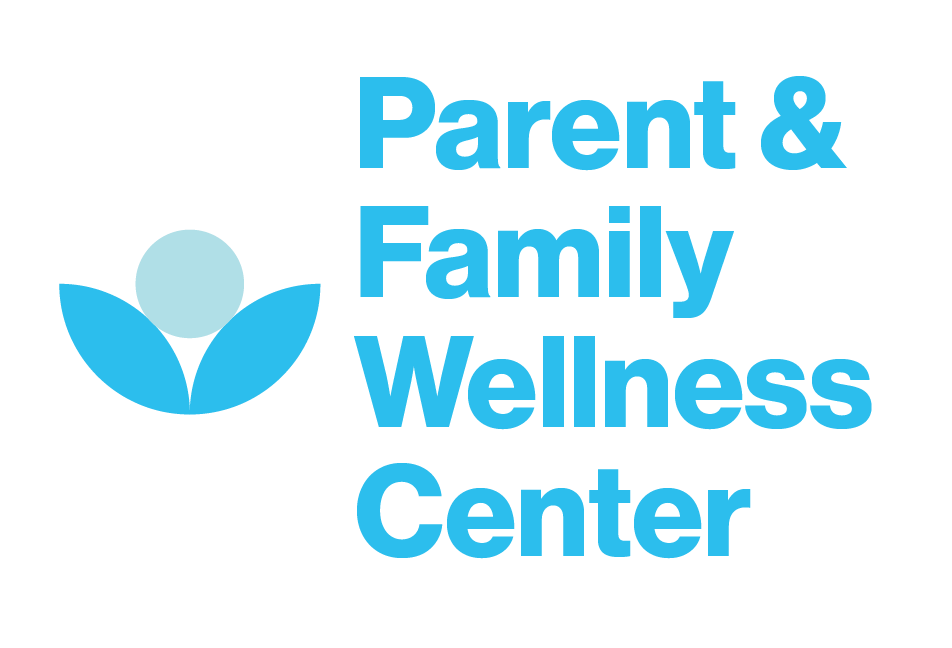Pregnancy-Related Depression & Anxiety: What Is It and What Can I Do?
As moms, we are told it all the time- by family, neighbors, media, and commercialism- having a baby is the happiest time of our lives. We will glow, feel blissful, and spend romantic hours in the sunlight nursing our sweet and peaceful bundles of joy.
But is it?
And will we?
Having a baby will, hopefully, bring moments of joy and connection, but it is also a time of great stress and strain on our bodies, our thinking, and our relationships. Every new mother will feel this stress and strain across different cultures, education levels, economics, or locations. This stress and strain come with the territory, but we don’t talk about this enough. We don’t send women into motherhood with the information that it will be hard and that reaching out for help and community is an imperative part of postpartum and maternal health. Mothers need support and community to be healthy in this journey, and asking for and receiving support and help is important, necessary and brave.
And while every mother will feel the normal stress and strain, as many as 20% will go on to develop a pregnancy-related depression or anxiety. Pregnancy-related depression and anxiety occur when a mom’s brain chemistry (impacted by the shift in hormones that occur after childbirth) and external stress combine to form a perfect storm. We consider pregnancy-related depression and anxiety to be a biological, psychological, and social dilemma.
But the good news is that moms don’t have to suffer alone. There is help and support out there, just a phone call, computer screen, or car drive away. As a coordinator for Postpartum Support Internationaland a psychotherapist specializing in reproductive mental health, I talk with moms every day about ways to feel better in motherhood. Moms who are supported biologically, psychologically, and socially are less likely to suffer from depression and anxiety and more likely to have a healthy emotional adjustment to motherhood.
And so, for you moms out there reading this, here are a few thoughts for you as you consider ways to feel better in your journey.
Biological Support:
Our brain is only as resilient as we make it. Like any other organ, we need to feed our brains to be healthy.
Adequate sleep/rest, nutrition, exercise, water, and breath are all important for brain health and functioning, and these things often get lost in the shuffle of having a new baby.
But please understand that brains can’t be expected to function without these things, and so reaching out for support from friends, family, community, or professionals may be necessary. Sometimes, even if a mom is getting the sleep, nutrition, exercise, breath, and water that she needs, she may suffer from symptoms of depression and/or anxiety. For some moms, these symptoms can get in the way of her access to these important essentials. In these cases, it may be important to talk to a doctor about the role of medicine in supporting brain health and resiliency.
Tip: Think baby steps. What is one biological support that you can commit to this week for yourself?
Psychological support:
The way we think actively affects the way we feel. Moms who tend toward perfectionism, who like to be in control, and who feel a need to know what to expect will have a harder time after a baby is born. Thought patterns like “what if” thinking, catastrophic thinking, and “should” statements can lead a mom towards anxiety and depression.
Supportive thoughts and self-compassion are imperative for mental health.
Tip: What is one comforting or healing phrase that you can say to yourself over and over (ex: I will be ok, this will get better, there are people who can help me, I am doing the best I can, etc.) Write this on a sticky note and put it on your bathroom mirror to see first thing each morning.
Social support:
Almost every relationship will change when a baby is born- your relationships with yourself, your partner, your other child/children, your friends, and your family will all need adjusting when that little person enters the picture. And with these changes often come grief and loss. The tendency here can be to pull away from community and support but isolation can eventually lead to depression and anxiety.
Receiving logistical and/or emotional support from family, friends, pastors, community centers, and professionals will help carry a mom through this complicated adjustment process.
Tip: Reach out and connect with at least one person who you trust each day. This can be by phone, text, email, or in person but it is important to not feel alone.
For more information on pregnancy-related depression and anxiety, and to find resources and support in your area, visit www.postpartum.net/colorado.
